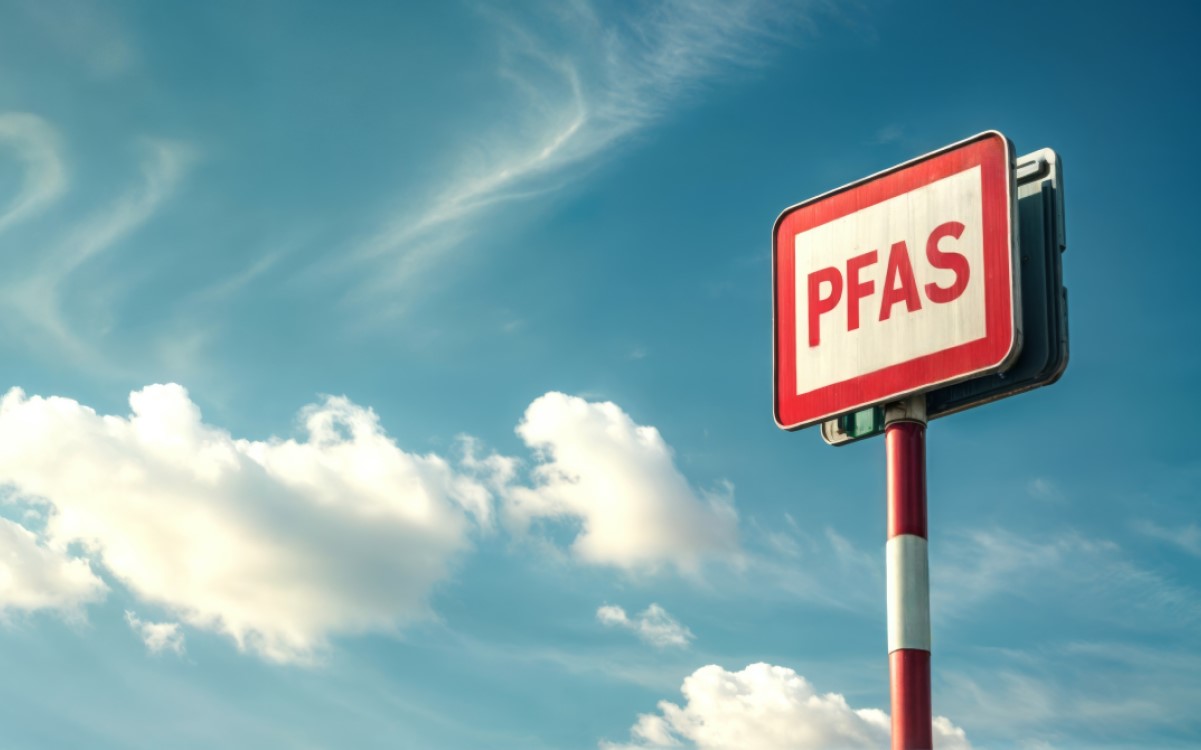Where they exist, tariffs for water supply and sanitation services (WSS) face a tension between different policy objectives, such as ensuring the financial sustainability of service provision and ensuring access to all, including vulnerable and poor social groups. Governments (local and national) resort to a range of measures to reconcile these objectives and address social consequences of tariffs: tariff levels and structures, nudging, budgetary transfers, targeted social measures.
In the new OECD Environment Working Paper, the members of OECD Environment Directorate Xavier Leflaive and Marit Hjort, present up-to-date analyses on a series of water tariff related issues, such as definitions of affordability, principle for cost recovery, benefits and costs of metering, elasticity of domestic water us to prices, and fiscal transfers to water services.
In view of the looming economic crisis due to COVID 19, which is expected to push between 70 to 100 million people into extreme poverty (in comparison to forecasts excluding the pandemic, see World Bank projections) the questions how to finance existing water supply and sanitation (WSS) services as well as enable investment in new facilities that are urgently needed in many developing countries are pressing.
Among others, the authors argue that tariffs are best designed to secure sustainable financing for service provision. They can contribute to other policy objectives (economic efficiency, water resource management, inclusion and equity), which are best achieved through a combination of related policies. However, making WSS affordable for everyone, covering all costs and simultaneously achieve efficiency and equity, is very complex.
The full OECD Environment Working Paper is availabe here.
The social consequences of water tariffs
Kategorien: Branche | Publications
Thema: Water Solutions
Autor: Jonas Völker
Das könnte Sie auch interessieren:
Passende Firmen zum Thema:
Publikationen
Sie möchten die gwf Wasser + Abwasser testen
Bestellen Sie Ihr kostenloses Probeheft
Überzeugen Sie sich selbst: Gerne senden wir Ihnen die gwf Wasser + Abwasser kostenlos und unverbindlich zur Probe!







